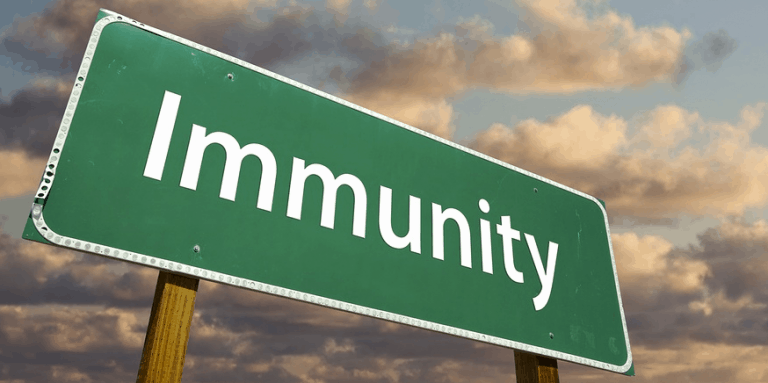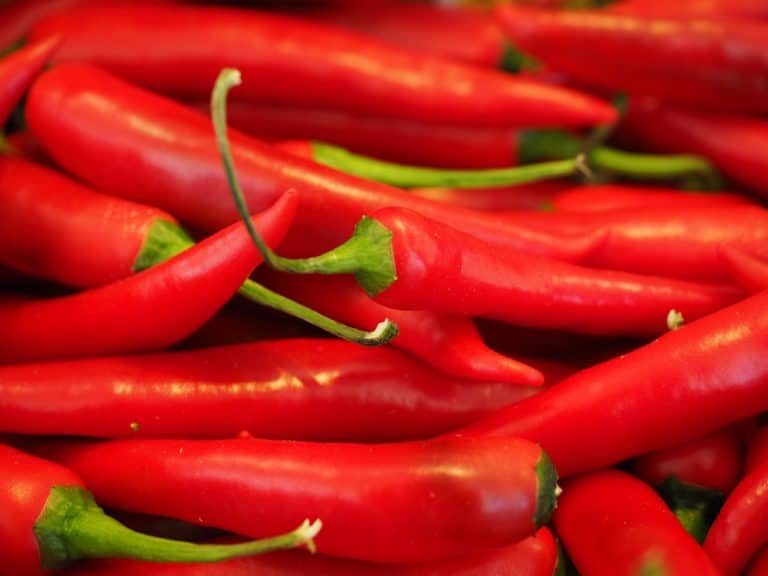New research has suggested that two substances found in coffee may help slow prostate cancer growth. This study is just one many that have looked at the impact of one or more cups of java on prostate cancer.
What’s in coffee?
Experts report that coffee contains more than 2,500 nonvolatile and volatile compounds. The concentrations and type of these compounds can vary widely depending on where the coffee beans are grown and how the beans are prepared, among other factors.
One of the main active compounds in coffee is caffeine, which has a mild central nervous system effect. Antioxidants, such as chlorogenic acids and melanoidins, also are present. Many different compounds fall into each of these categories, and they have varying effects on the body, all of which still require further research.
Cafestol and kahweol, which are both diterpenes, are present in the oil found in coffee beans. Diterpenes can be somewhat detrimental to your health, depending on how the beans are brewed. If you use a paper filter, the compounds can be captured, but other brewing methods don’t always have this ability. Some research suggests too much exposure to diterpenes can raise total and low-density lipoprotein cholesterol levels.
Coffee and prostate cancer
Thus far the findings regarding the impact of coffee on prostate cancer have been controversial and conflicting. Recent investigation at Kanazawa University Graduate School of Medical Science in Japan has noted that coffee consumption is associated with a lower risk of prostate cancer, at least in mice.
To reach this conclusion, the researchers first looked at six different compounds that are resistant to standard cancer drugs against prostate cancer in mice. They then focused their evaluation of cafestol and kahweol acetate, which occur naturally in Arabica coffee.
The addition of cafestol and kahweol acetate to prostate cancer cells in a petri dish resulted in the cells growing less rapidly. More specifically:
- Use of cafestol plus kahweol acetate inhibited the growth of prostate cancer cells and the combination worked synergistically, “leading to a significantly slower tumor growth than in untreated mice,” according to Dr. Iwamoto.
- Three other groups were tested: no treatment, kahweol acetate only, and cafestol only.
- Among the untreated tumors, growth was approximately 3.5 times the original volume compared with those treated with the compounds, which grew by about 1.5 times.
In other research, a meta-analysis that included nearly 540,000 participants looked at the impact of coffee consumption on prostate cancer risk. The reviewers concluded that drinking coffee was associated with a reduced risk of developing prostate cancer.
Coffee consumption also had an inverse association with nonadvanced prostate cancer.
The bottom line
Much more research is needed to determine the exact impact of these coffee compounds on prostate cancer cells plus their safety and effectiveness. Dr. Iwamoto noted that their research has shown that “these compounds appear to have an effect on drug-resistant prostate cancer cells in the right circumstances.”
One area of future research will be to determine whether using coffee filters or specific types of brewing might remove cafestol and kahweol acetate from the final cup of coffee.
References
Butt MS, Sultan MT. Coffee and its consumption: benefits and risks. Critical Review of Food Science and Nutrition 2011; 51:363-73
Folmer B. How can science help to create new value in coffee? Food Research International 2014 Sep; 63(C): 477-82
Institute for Scientific Information on Coffee. Coffee composition & nutritional information.
Iwamoto H et al. Coffee diterpenes kahweol acetate and cafestol synergistically inhibit the proliferation and migration of prostate cancer cells. The Prostate 2018 Dec 19
Jee SH et al. Coffee consumption and serum lipids: a meta-analysis of randomized controlled clinical trials. American Journal of Epidemiology 2001; 153:353-62
Liu H et al. Coffee consumption and prostate cancer risk: a meta-analysis of cohort studies. Nutrition and Cancer 2015; 67(3): 392-400
Urgert R, Katan MB. The cholesterol-raising factor from coffee beans. Journal of the Royal Society of Medicine 1996; 89(11): 618-23







